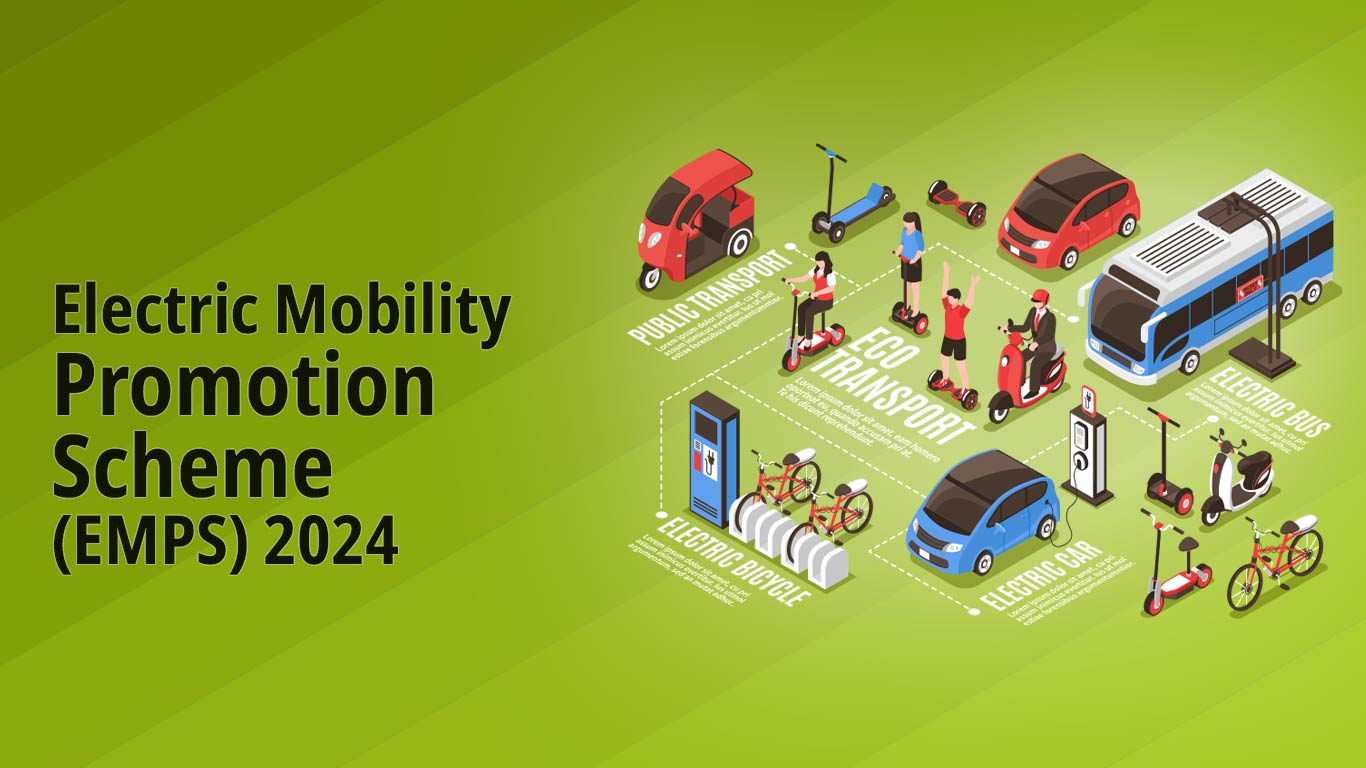Electric Mobility Promotion Scheme 2024 Draws Mixed Reactions From Manufacturers
Updated: Mar 15, 2024 04:13:21pm

Electric Mobility Promotion Scheme 2024 Draws Mixed Reactions From Manufacturers
New Delhi, Mar 15 (KNN) Electric vehicle (EV) manufacturers have expressed disappointment with the Indian government's new ad hoc subsidy scheme, the Electric Mobility Promotion Scheme (EMPS) 2024, which replaces the previous FAME-II scheme.
Major players in the sector are less than thrilled about the reduced incentives in the scheme, while concerns have been raised by several original equipment manufacturers (OEMs) regarding the stringent subsidy claiming process and delays in disbursement, potentially dissuading them from availing the incentives.
The Ministry of Heavy Industries announced the Rs 500 crore EMPS 2024 for a duration of four months, starting from April 1 to July 31.
This has led to apprehensions among EV makers about slower growth and the need for higher premiumisation to maintain margins.
A top executive from a leading electric two-wheeler company stated that if the subsidy is limited to four months, they will have to accept slower growth and focus on higher-priced models to ensure profitability.
This could result in lower volumes, slower growth, and higher premiumisation, as the cost price for a good-quality two-wheeler is around Rs 1 lakh.
However, the executive also mentioned that if the subsidy continues, the industry could see decent growth in 2025.
Another concern raised is the difficulty in securing incentives under the Production Linked Incentive (PLI) scheme due to stringent domestic value addition rules. As a result, some industry players are considering a non-subsidy-based growth strategy, which could be more sustainable in the long run.
The impact of the reduced subsidies could be particularly significant for electric bike makers. The maximum subsidy cap for electric two-wheelers (e2Ws) has been lowered from Rs 22,500 to Rs 10,000 per vehicle, while for electric three-wheelers (e3Ws), it has been reduced from Rs 1,11,505 to Rs 50,000.
A CEO of an electric bike company acknowledged that bike volumes and innovation might take a backseat for a few years, with most companies likely to focus on producing 100cc equivalent bikes to stay in the game, while 150cc equivalent bikes could become challenging.
Manufacturers of electric three-wheelers (e3Ws) also voiced concern over the substantial reduction in subsidies, deeming it a setback for the segment.
Despite expressing willingness to engage with the scheme, they emphasised the importance of reconsidering the subsidy reduction, especially for e3Ws, if the government plans to extend the scheme beyond the initial four months, as stated by Hyder Khan, CEO of Godawari Electric Motors.
(KNN Bureau)











